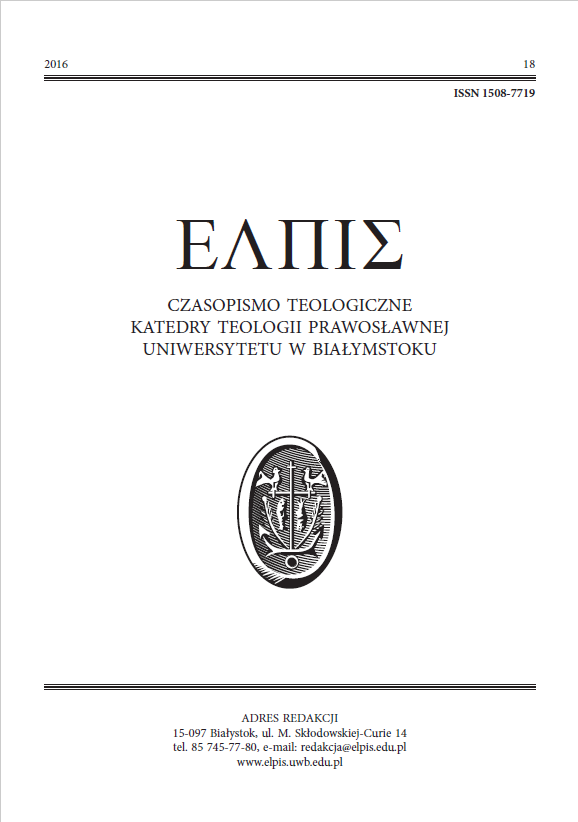Język liturgiczny słowiańskich Kościołów prawosławnych. Stanowisko wiernych Polskiego Autokefalicznego Kościoła Prawosławnego w sprawie języka liturgicznego
Liturgical language of the Eastern Slavonic Orthodox Churches. The Position of The Polish Autocephalous Orthodox Church’s Faithful Concerning Liturgical Language
Author(s): Tomasz StempaSubject(s): Christian Theology and Religion, Language and Literature Studies, Theology and Religion
Published by: Wydawnictwo Uniwersytetu w Białymstoku
Keywords: liturgical language; church Slavonic language; the change of liturgical language; validity of liturgical language
Summary/Abstract: The analysis of collected materials from the life of the Slavic Orthodox Churches indicates, that in some cases Church Slavonic language is no longer a current or justifiable liturgical language. Bilingualism was introduced or Church Slavonic language was replaced by national languages. A closer investigation into the liturgical language situation in Orthodox Churches reveals that the topicality and the validity of using Church Slavonic language as a liturgical language depends on a few factors. As in the case of the non-canonical Orthodox Churches in Macedonia and Ukraine, the Church Slavonic language has been replaced by national languages for nationalistic reasons. In the case of Bulgaria and Serbia, the main factor that has influenced this change is treating Orthodox Church as a national church. In Eastern Slavonic Orthodox Churches (Belarus, Poland and Russia), changing the liturgical language has occurred at a slow pace. The history of churches in XIX and XXI century, the temper and character of Eastern Slavs have had an influence on this. In this case, the biggest opponent of the Church Slavonic language is democracy in a broad sense. Orthodox Christians in Poland still want to pray in the Church Slavonic language. It is worth mentioning, that in churches, where the national language is used, Church Slavonic language has not been completely removed from liturgical life. Bilingualism of liturgical languages is common and in some cases, when the place is considered as backbone for the Orthodox Church, reversion to Church Slavonic language has been noted (Serbia, Bulgaria).
Journal: Elpis
- Issue Year: 2016
- Issue No: 18
- Page Range: 113-120
- Page Count: 8
- Language: Polish

